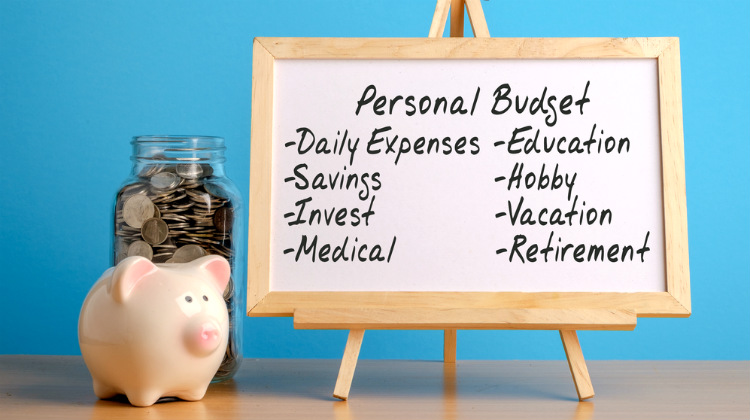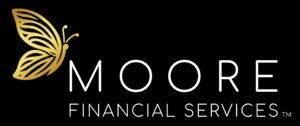
You have to rent the space, create a display, promote it, stock it, and “man” (or better, “woman”) it. Setting up a display at a trade show is expensive business. You have to rent the space, create a display, promote it, stock it, and “man” (or better, “woman”) it. Before you decide to get involved, take a serious look at the costs of all of these components to determine if the ROI (return on investment) is sufficient. Start planning well ahead. You already know this, right? Keep yourself as organized as possible right from the beginning even before you book your space. You know how carefully today’s brides plan their weddings. Months, even years ahead, they start thinking about the church, the reception, the dresses, the flowers, the cake. And of course, the cost. Well, you’re the bride. Grab your planning book and start writing down everything you must do to get yourself ready for a successful trade show season next year’s.
However to get optimum use from your financial calculator you need to know of a few steps that will help you in getting accurate results for all of your financial mathematical queries. Although all the steps that we will talk about here are simple, the last two could be a bit tough since they could require acclimation. For most, using the calculator that is specifically for financial calculation could initially seem like a chore, however, with its repeated use, they will learn that these little instruments conjure up standard deviations, interest calculations, bonds etc in just a few seconds. Step 3: Look for a calculator that will suit your specific needs for e.g. HP 17bII financial business calculator is excellent for all of your business financial needs. The HP financial calculators will help you in all of your financial needs and is therefore relevant for all your financial planning as well. All of these calculators by HP will help you with different types of function and financial formulas like financial budgeting. Apart from it several financial uses, these calculators also have several functions. If you want to know more about these functions then it is advisable to read the instruction manual. Either ways, even if you know all about how these calculators work, you still need to understand the basic programming of these calculators by reading the instruction manual. Using these calculators is fairly simple although for the novice budget planner this could seem a bit complicated.
We all have spending habits that we could alter in order to save for retirement, or our kids college education, a family vacation or simply to help us get out of that pay check to paycheck lifestyle that so many of us suffer. Budgeting has probably never been as important as it is today, given the serious state of our economy. Learning to live within our means can greatly increase our standard of living and reward us with less stress about our futures and those of our families. Creating a budget and living within it are two very different things. There are always things that we want (or need) and in cases of those with good credit; credit is so easy to get. We want to discuss some ways to help you establish some good budgeting habits. First, why do you want to budget? You and your family need a pretty good reason or you won’t feel any obligation to do what it takes.
Budgeting in a small business is a neglected area. It is only when business plans are required that the business owner will prepare a cash flow forecast or budget. Most businesses divorce the budget from the cash flow forecast. In fact, the cash flow forecast is only furnished when requested by the bank in most cases. Businesses have yet to learn that the cash flow forecast is a valuable tool for analyzing internal finances. Collapse a budget and cash flow forecast into ONE. And allow the cash flow forecast to serve as your business’s financial map, for the next 12 months. Budgets are vigorously implemented, only when a business starts shedding cash. And major expenses are cut, drastically, when the owners and their accountants draw up budgets. A budget will target, run away expenses, in an attempt to bring it under control. The main expenses to normally go would be staff costs (lay offs), insurance, advertising and stationery.
Four out of five people who make New Year’s resolutions eventually break them. Many people have a hard time getting to the end of January without slacking on the goals they’ve set for themselves. If personal finance budgeting is at the top of your 2011 resolution list, the key to sticking to your goals is to plan early. • Spend Less than you Make – It sounds easy, but for many people it’s harder than it seems. Online money management tools are everywhere, but before you get the tools you have to establish a budget. Track your spending so you understand where you’re currently spending money and make changes if you’re overspending. • Reduce Your Debt – Once you have established a budget, work on reducing your debt. Start paying off the debts with the highest interest rate first, regardless of the total balance. Make sure to pay the minimum monthly payments on all of your debt, but try to put a bigger chunk of cash toward the debt you’re working to eliminate.
